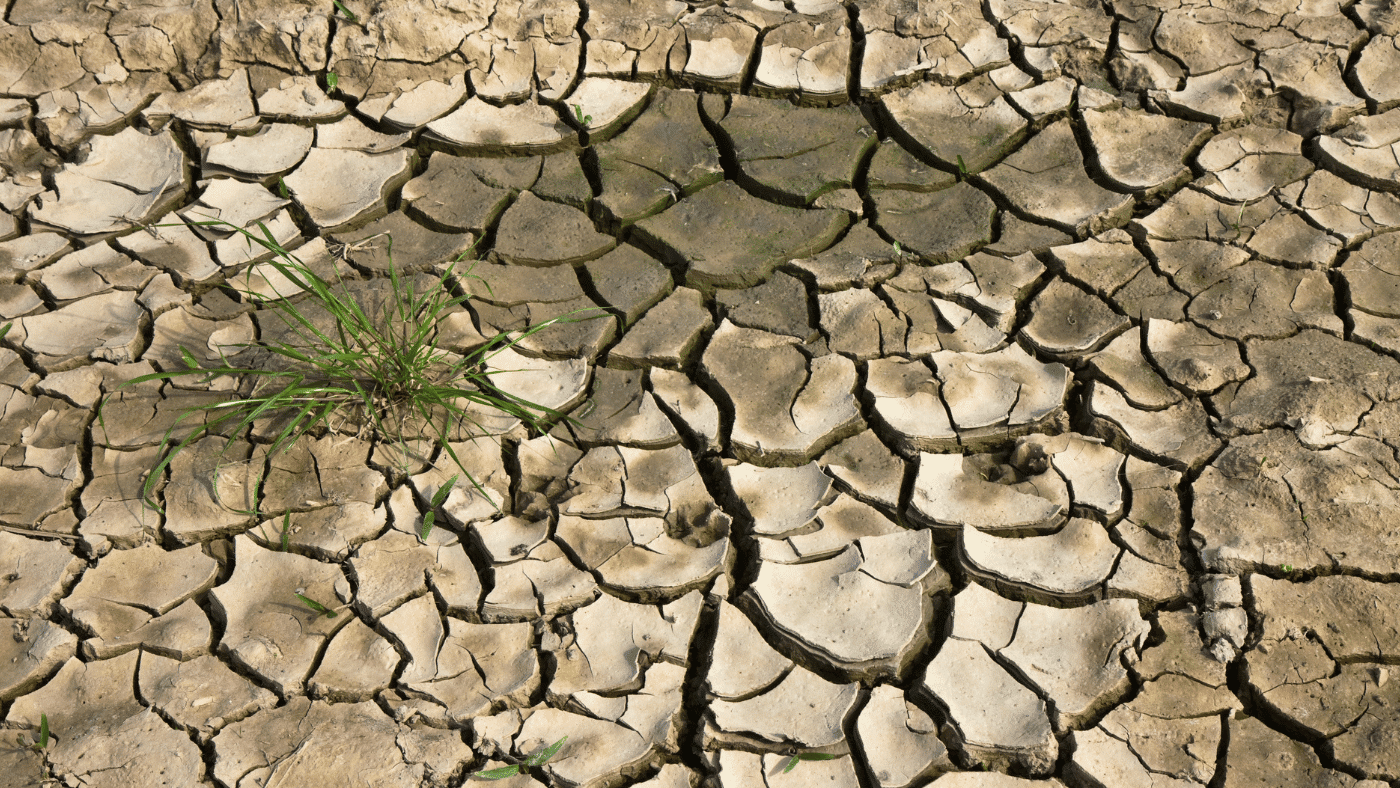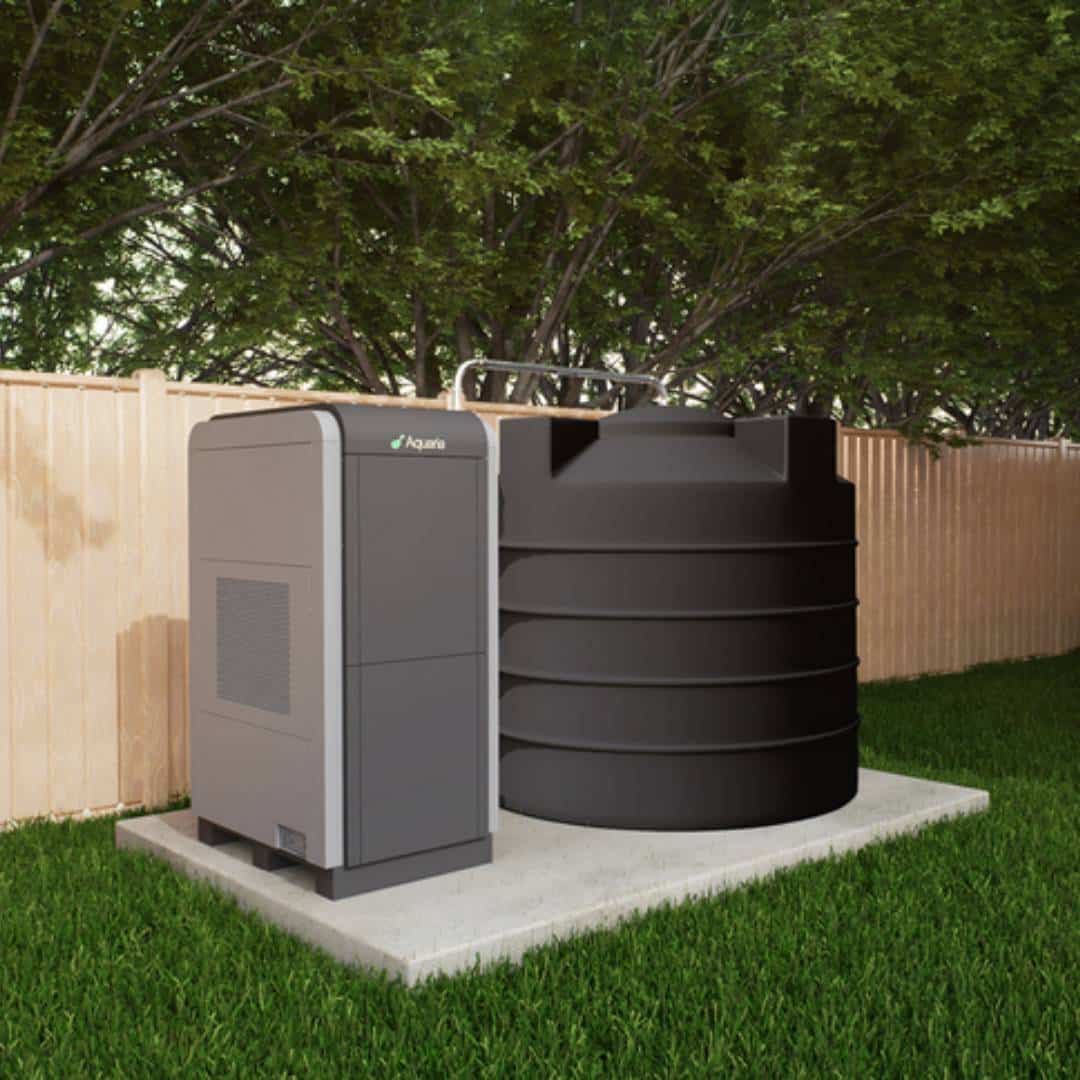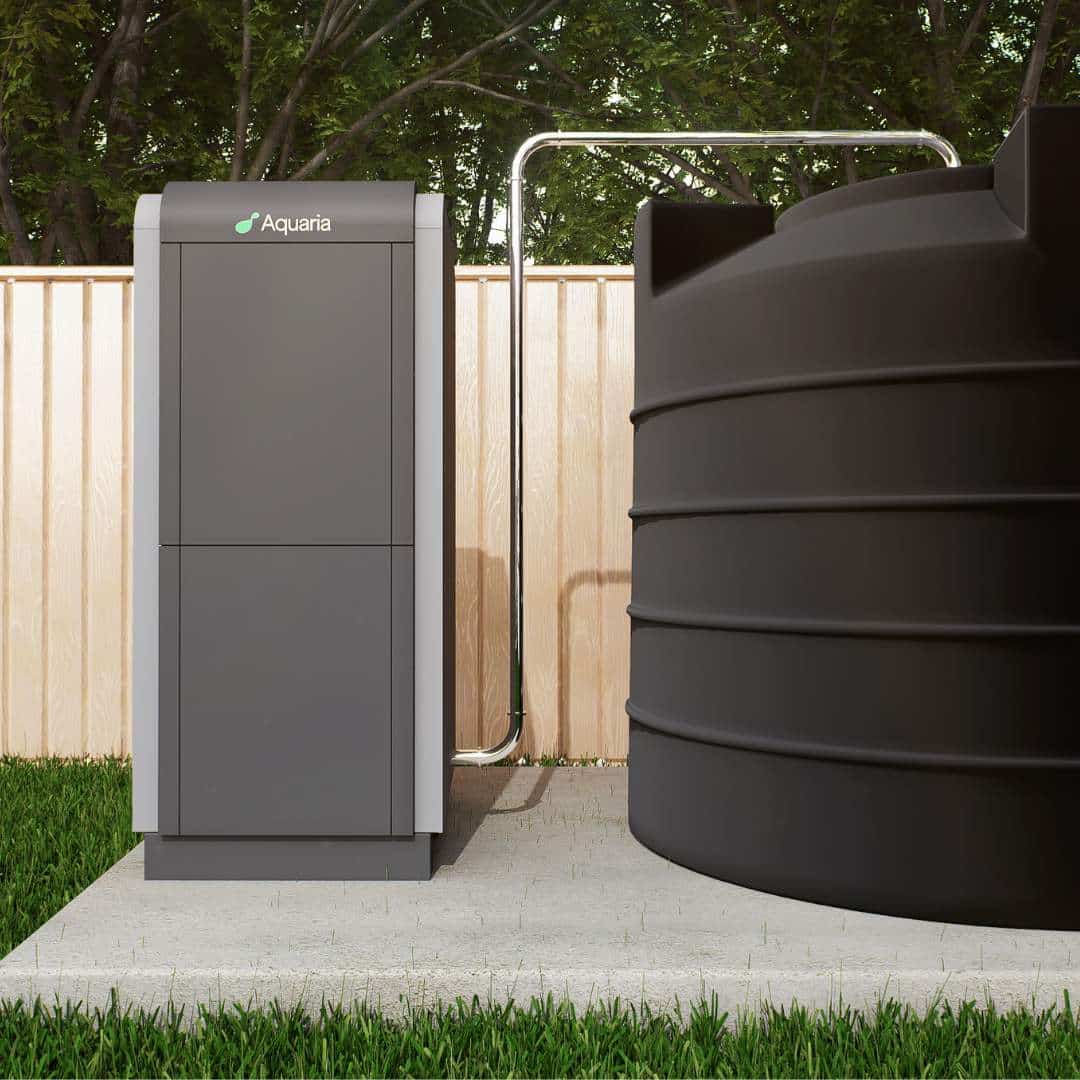How Desertification is Leading to Urban Water Shortages

In the US, the effects of climate change are already being felt in the form of longer and hotter summers. This increased heat is leading to a phenomenon known as desertification, which is the expansion of arid and semi-arid climates into formerly temperate areas.
As desertification progresses, it causes drought conditions that can lead to water shortages in urban areas. This is because the demand for water increases as the population grows, but the available water supply decreases as desertification reduces the amount of precipitation in an area.
In addition to causing water shortages, desertification also leads to dust storms and soil erosion. These conditions can damage infrastructure and cause health problems for people living in affected areas.
Why You Should Take Your Water Supply Off-Grid
Municipal water supplies in the US are vulnerable to climate change and other disruptions. There are an increasing number of water restrictions and rationing being put in place as water becomes scarce.
For a stark example, look no further than Lake Mead, which provides water to Las Vegas, Phoenix, and Los Angeles. The lake is expected to run dry and reach dead pool status by 2023 if nothing changes.
While it may not be possible to completely avoid the effects of climate change, you can take steps to protect your family from the effects of water shortages.
One way to protect yourself from water shortages is to take your water supply off-grid. This means using a private well or another source of water that isn’t connected to the public water system.
While taking your water supply off-grid does require some upfront investment, it can save you a lot of money in the long run. In addition, it gives you the peace of mind of knowing that your family will have access to water even if the public water system is disrupted.
Tips for Weathering City Water Restrictions
If you can’t take your water supply entirely off-grid, there are still steps you can take to protect yourself from water shortages.
First, it’s important to understand the water restrictions that are in place in your city. Many cities have odd/even watering days, where you can only water your lawn on certain days of the week. Others have bans on watering during the daytime when evaporation is highest.
Knowing the restrictions in place will help you avoid fines and make the most of the water you are allotted. The best way to avoid water restrictions, though, is to make your own water.
How to Make Your Own Water
A growing number of people are choosing to take their water supply off-grid by collecting rainwater or drilling a well.
Collecting rainwater is an easy way to reduce your reliance on the municipal water supply. All you need is a storage container and a way to collect the rainwater, such as a rain barrel or a catchment system.
Drilling a well is another option for people who want to take their water supply off-grid. This option is more expensive than collecting rainwater, but it gives you a more reliable source of water.
However, one of the most environmentally-friendly solutions to making your own water is using an atmospheric water generator (AWG). These devices extract water from the air and can produce up to several gallons of water per day. It works with any type of water storage tank and can be a life-saver during droughts.
No matter which option you choose, taking your water supply off-grid is a good way to prepare for the effects of climate change. It will also help you save money on your water bill and be more self-sufficient.
How to Collect Water in Arid Climates
Arid climates present a unique challenge when it comes to collecting water. This is because there is often very little precipitation, so traditional methods of collecting rainwater, such as rain barrels and catchment systems, are not as effective.
The best solution to collect water in arid climates is to use an atmospheric water generator such as those made by Aquaria. These devices extract water from the air and can produce gallons of water per day.
An atmospheric water generator is a perfect solution for people who live in arid climates because it doesn’t rely on heavy precipitation. If you live in an arid climate, an atmospheric water generator is the best way to collect water and ensure your family has access to clean drinking water.
Aquaria Can Help You Weather Water Restrictions
Aquaria is a leading manufacturer of atmospheric water generators. Our devices are designed to help you overcome water restrictions and provide your family with clean drinking water.
If you’re interested in learning more about our products, contact us today. We’ll be happy to answer any questions you have about how an atmospheric water generator can help you take your water supply off-grid.

